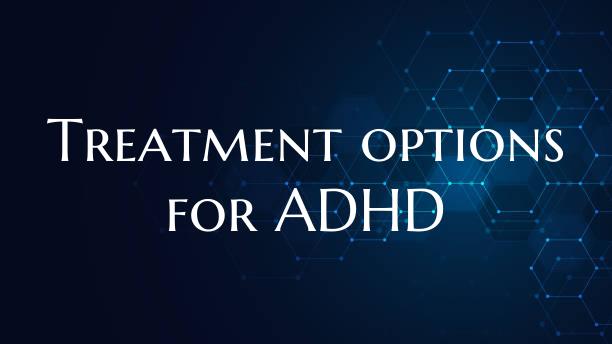
Treatment options for ADHD
Attention-Deficit/Hyperactivity Disorder (ADHD) is a neurodevelopmental disorder that affects individuals of all ages, but is commonly diagnosed in childhood. The core symptoms of ADHD include inattention, hyperactivity, and impulsivity, which can significantly impact daily functioning and quality of life. Fortunately, there are various treatment options available to help manage ADHD symptoms and improve a person's overall well-being.
1. Behavioral Therapy: Behavioral therapy is a key component of ADHD treatment, especially for children. This type of therapy focuses on teaching individuals strategies to improve their behavior, such as setting up routines, organizing tasks, and managing impulsivity. By learning these skills, individuals with ADHD can better navigate everyday challenges and improve their relationships with others.
2. Medication: Medication is another common treatment option for ADHD. Stimulant medications, such as methylphenidate and amphetamines, are often prescribed to help individuals with ADHD manage their symptoms. These medications can help increase focus, decrease hyperactivity, and improve impulse control. Non-stimulant medications, such as atomoxetine and guanfacine, are also available for those who may not respond well to stimulants.
3. Lifestyle Changes: Making lifestyle modifications can also be beneficial for managing ADHD symptoms. Regular exercise, a healthy diet, and sufficient sleep can all contribute to better overall health and improved focus. Additionally, creating a structured environment at home and at work can help individuals with ADHD stay organized and on track.
4. Educational Support: For children with ADHD, educational support is essential for academic success. This may include accommodations at school, such as extra time on tests or assignments, a quiet work environment, or the use of assistive technologies. Working closely with teachers and school counselors can help ensure that a child with ADHD receives the support they need to thrive in the classroom.
5. Parent Training and Support: Parents of children with ADHD can benefit from training and support to navigate the challenges of raising a child with ADHD. Parent training programs can provide strategies for managing behavior, improving communication, and fostering a positive parent-child relationship. Support groups can also offer a sense of community and understanding for parents facing similar challenges.
In conclusion, there are several effective treatment options available for individuals with ADHD. By combining behavioral therapy, medication, lifestyle changes, educational support, and parental involvement, individuals with ADHD can learn to manage their symptoms and lead fulfilling lives. It's important for individuals with ADHD, their families, and healthcare providers to work together to create a comprehensive treatment plan that addresses their unique needs and goals.